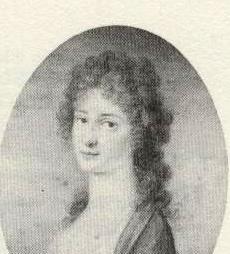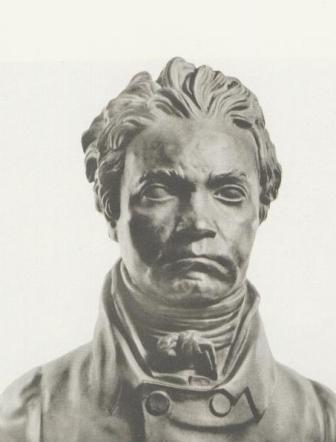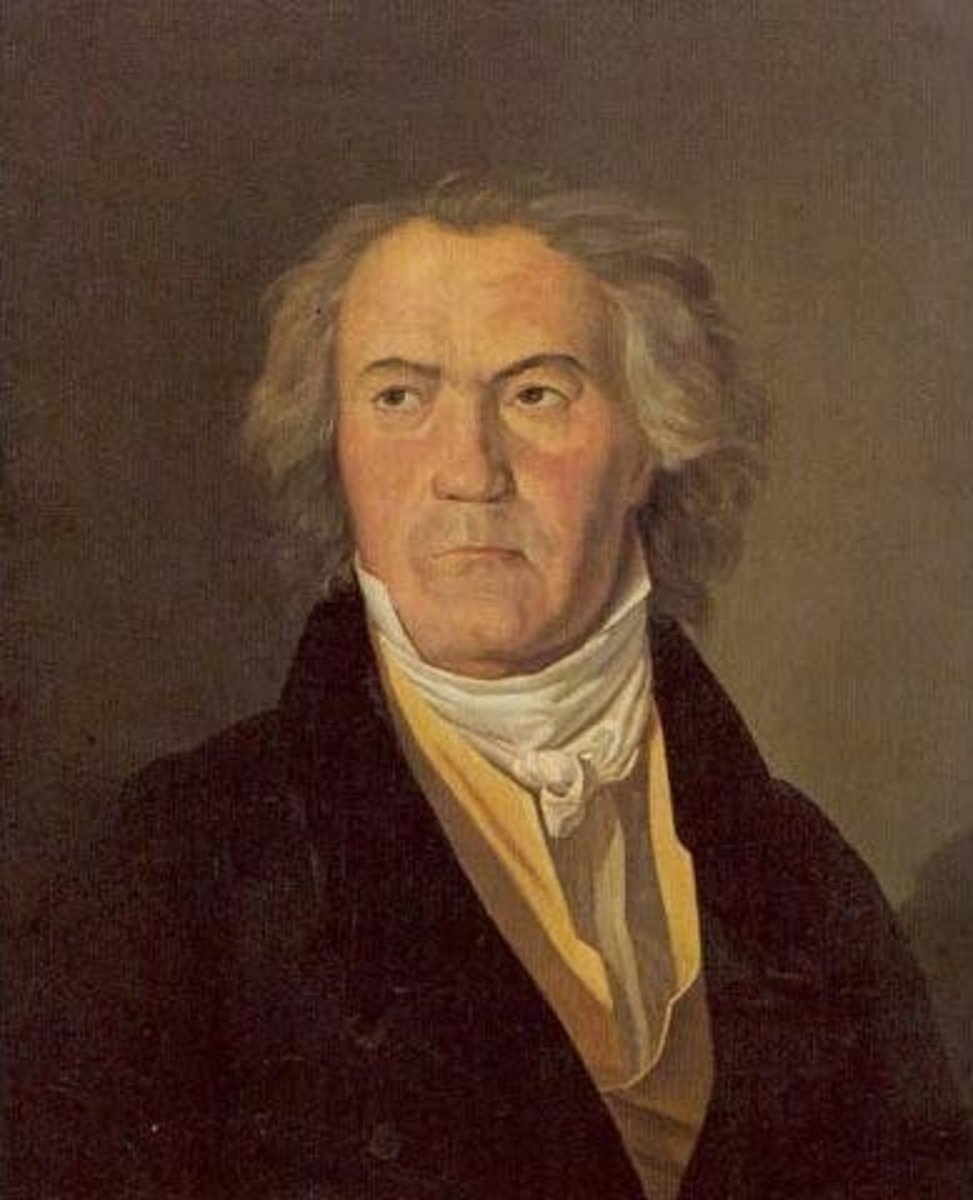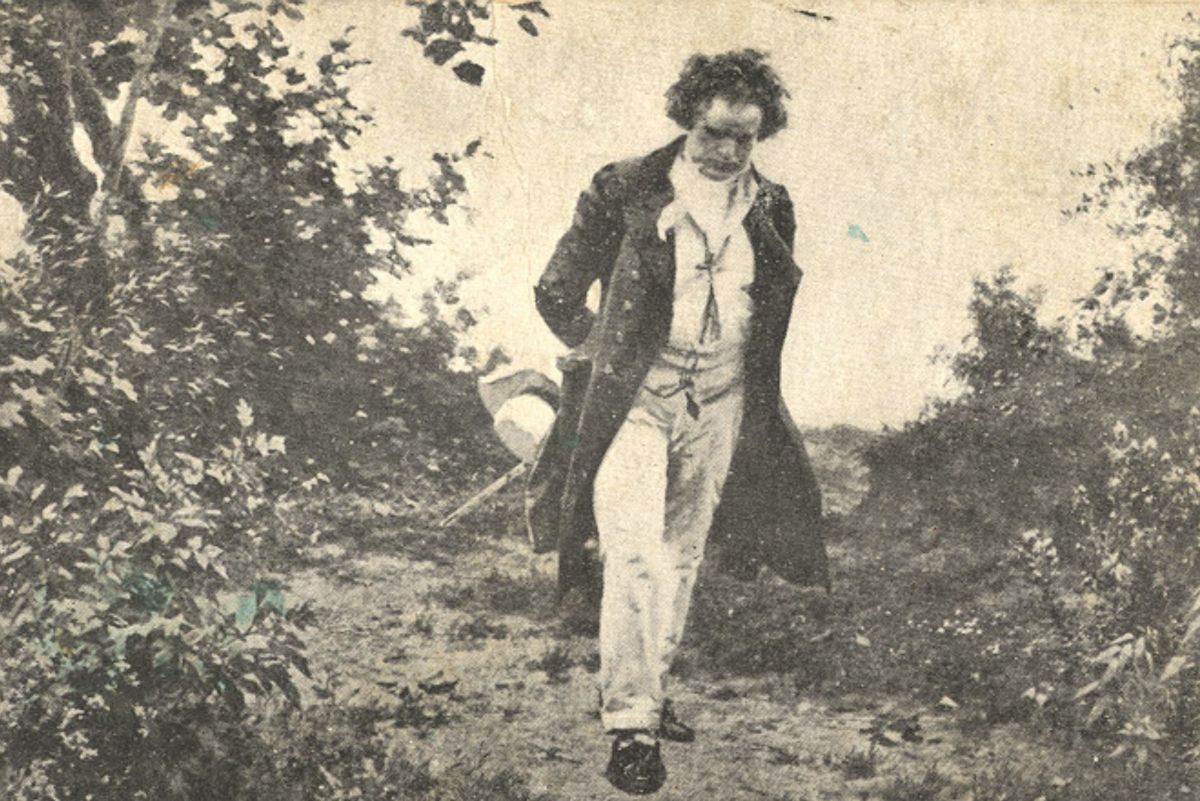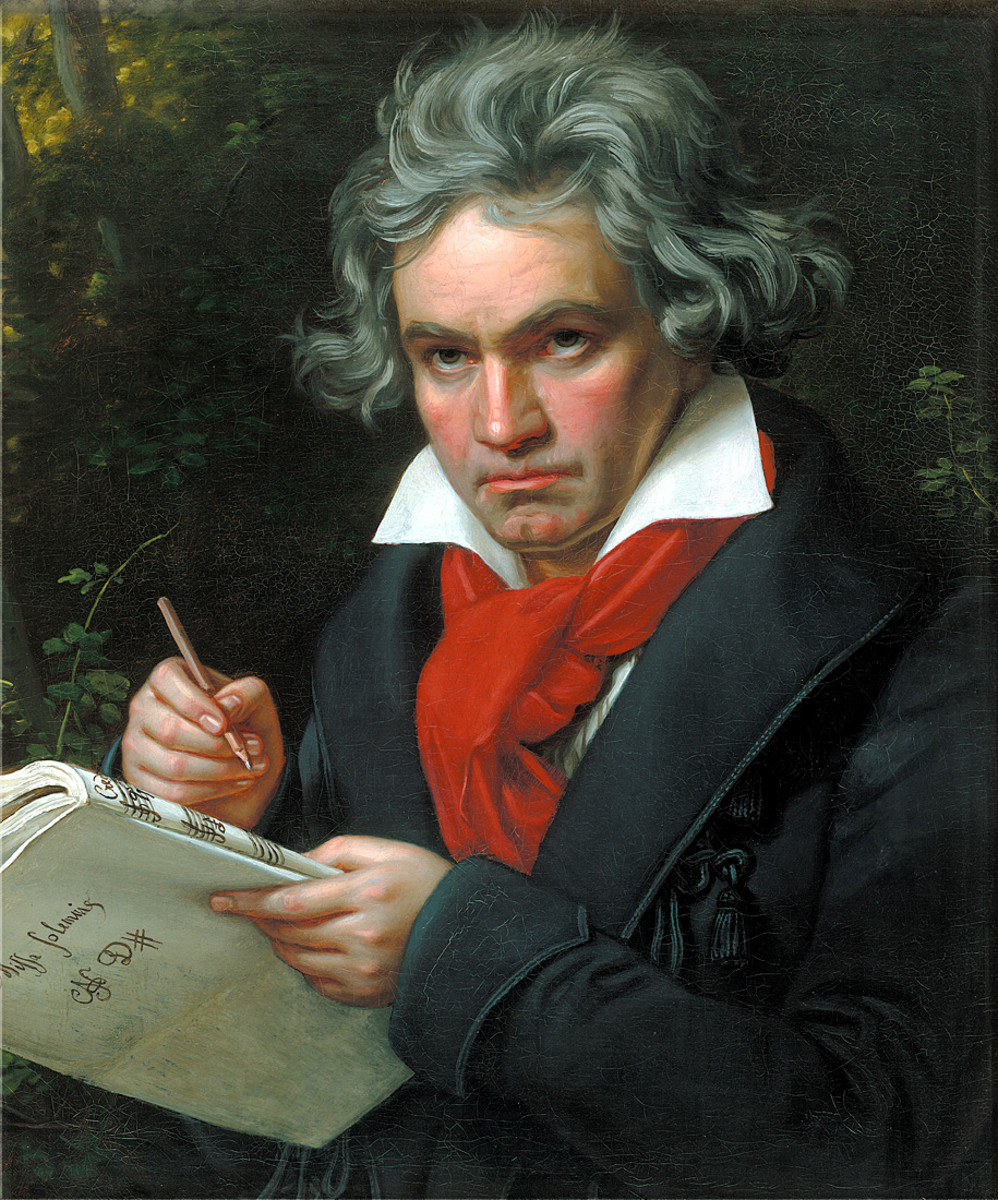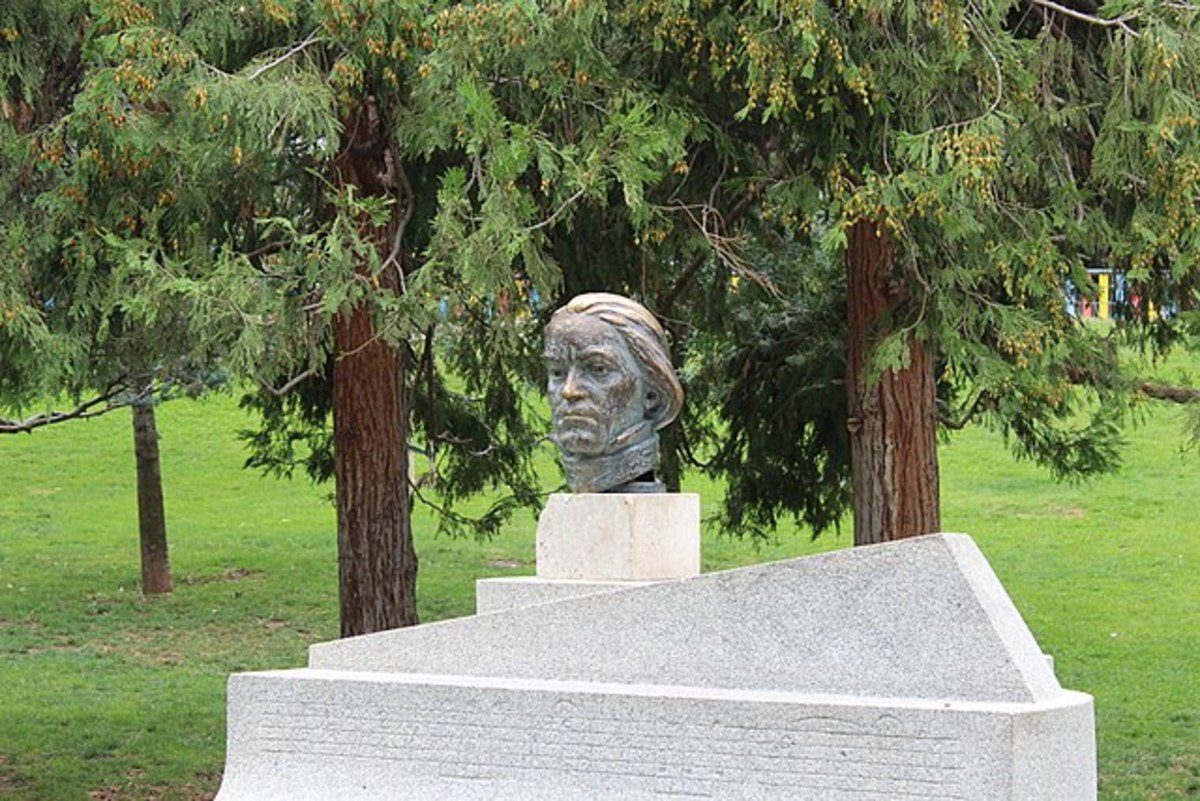Who Was Beethoven's Real Immortal Beloved?
The Truth Behind the Legend
In 1995, a popular movie called "Immortal Beloved", starring Gary Oldman as Beethoven, told the tale of three women that Ludwig van Beethoven was apparently madly in love with. Couched as a mystery/romance, this fun, rollicking film solves the riddle of the famous Immortal Beloved, to whom Beethoven wrote the most passionate letter of his life. We learn which of the three was that lucky lady.
Except we don't. I won't spoil the movie's answer but I can say that recent skillfull research has all but concluded that she was a woman who didn't even appear in the film. She was also married, but that didn't stop Beethoven from falling in love with her, nor she with him. Her name was Antonie (Antonia) Brentano, and she was the wife of one of his friends, a merchant named Franz Brentano. You can imagine the tension that filled the affair.
In learning more about Antonie, you can see why she might have fallen in love with the brilliant composer. At age 17, she was married almost sight unseen to Brentano, who was nearly 20 years older. Antonie was forced to leave Vienna, her home, and settle in faraway Frankfurt.She gave birth to four children in quick succession and never got over her homesickness. When her domineering father lay on his deathbed, he summoned Antonie back to Vienna to come to help him. He took his sweet time dying, but Antonie didn't mind a bit. She was back in her hometown, and that was sheer joy.
When Antonie met Beethoven in 1809, she was ready for an escape from her stifling, unhappy marriage. Beethoven visited her family often and played for her when she was ill and depressed, consoling her with his music. By 1811, they had fallen deeply in love.
By then, Beethoven was world-famous, but losing his hearing so rapidly he could no longer perform in public. He had composed seven wonderful symphonies, choral works,a hostt of brilliant piano sonatas and other chamber works. Though he often fell in love with women he met, they were usually of the nobility, and marriage with them was impossibly out of his reach. Not to mention that he was a slob and could be extremely bad-tempered. Through his music, though, he radiated such power and beauty that none of the rest mattered.
Antonie Brentano was a beautiful, gifted woman and accomplished musician. In so many ways she would have been right for Beethoven. What's special about her is that she loved Beethoven as a musician and a man, able to see beyond his failings. They must have struggled with guilt and shame in their relationship. Despite their misgivings, their love grew more intense.
In the summer of 1812, it all came to a climax, so to speak. They met secretly in Prague while on a holiday. Afterwards, Beethoven wrote his famous Letter to the Immortal Beloved. The mystery is why he didn't include the woman's name, fueling a debate that has raged for nearly 200 years. No doubt he wanted to protect her reputation. How he got it back is also puzzling. Either the beloved lady returned it or he wrote it as a sort of catharsis and never sent it to begin with.
At any rate, the letter reveals his passion and confusion, first declaring his eternal love, then renouncing the possibility of permanent union. Probably Antonie had offered to leave her husband and live with Beethoven, which tempted and terrified him at the same time. As much as he longed for love and marriage, he was for all intents and purposes "wedded" to his art. Music was his mistress, dominating him, taking up all his emotional energy.
Beethoven and Antonie endured an intensely painful separation but they never forgot each other. He wrote to her, and presumably she wrote to him, though none of her letters have survived. Probably Beethoven destroyed them after reading them so they wouldn't fall into the wrong hands. He dedicated his "Diabelli Variations" to her, and his beautiful Opus 109 Sonata to her eldest daughter, Maximiliane.
In the end, Beethoven couldn't bear to part with the lasting mementoes of their immortal love. He kept the letter, along with Antonie's portrait, in a secret drawer in his desk. There really was no mystery at all, though scholars failed to see the obvious. Antonie lived a long life and always cherished his love, and for that alone, she is Beethoven's true Immortal Beloved.
(based on research by a leading Beethoven scholar, Maynard Solomon)
